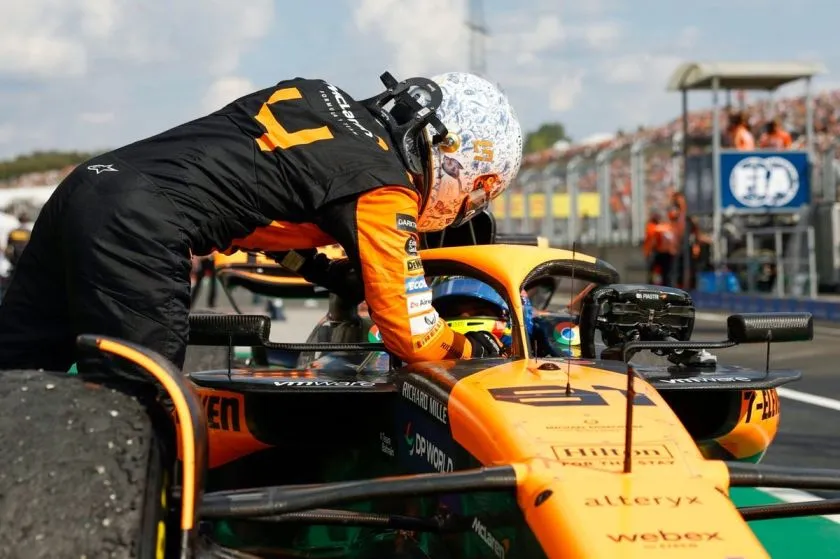Honda Must Do Next Now It Has Its Ideal MotoGp
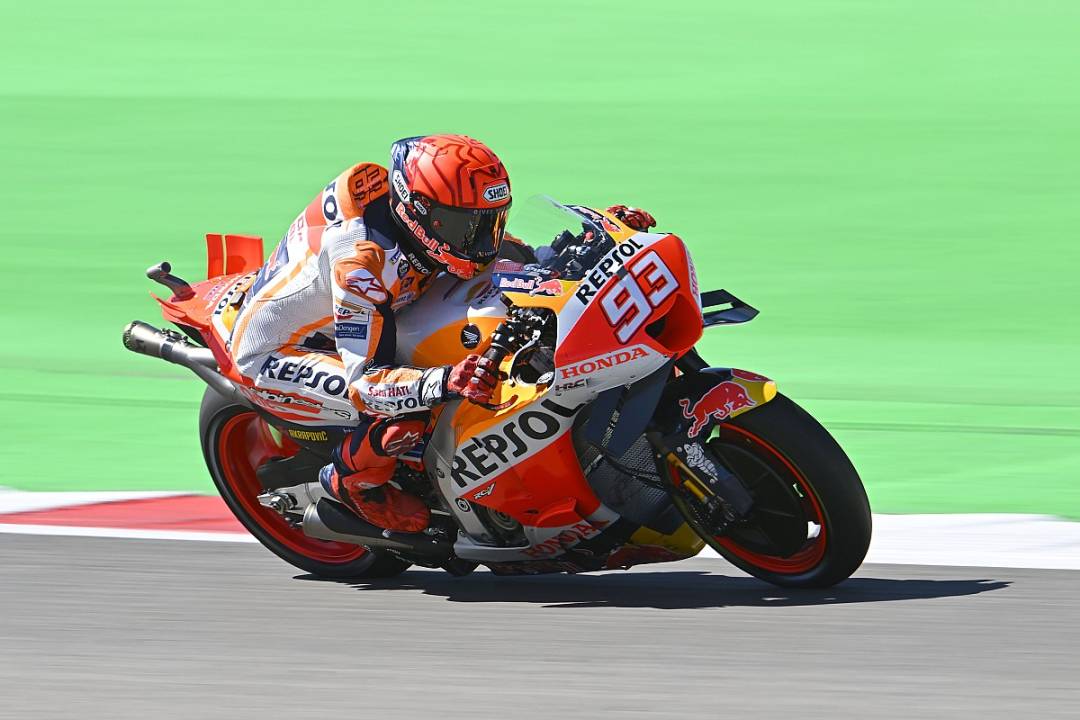
Romano Albesiano from Aprilia will be the main addition to a slew of improvements meant to help Honda MotoGP catch up with the competition when it relaunches in 2025. The Japanese manufacturer has been reluctant to adapt to changes, but it now needs to stick to its plan or else it runs the risk of making the same mistakes twice.
For a business that is so committed to Japanese philosophy, Honda's selection of Romano Albesiano as its technical director for 2025 carries significant symbolic implications. But what matters more to the Italian's success now is what he is permitted to do rather than what he can offer.
Last year, a number of important changes were noticed at the top of HRC. All of these strategies have obviously failed, though, based on the impact they have had on the championship outcomes of its two teams.
HRC's general technical director, Shinichi Kokubu, was replaced during the 2023 Japanese Grand Prix by fellow HRC engineer, Shin Sato. It was revealed six months later, during winter testing, that Taichi Honda, an off-road division employee, would take over as general manager of the entire racing department, replacing Tetsuhiro Kuwata. The truth is that the only thing that separates off-road and MotoGP bikes is how many wheels they have in common. If the outcomes were poor back then, they have significantly worsened since that restructure.

At this time last year, with 16 grand prix fought and four more to go, the total haul of the four Honda riders was 189 points, with a win for Alex Rins (Austin) and two podiums as the most noteworthy successes. Remember that injuries prevented Rins from competing in nine races and Marc Marquez from competing in three.
The riders for the brand have less than half (91 points) at this stage in 2024; the season's high point thus far has been Johann Zarco's ninth place finish in Indonesia. The situation is substantially worse in the constructors' table. Despite having twice as many riders on the grid as Yamaha, Honda sits last with 51 points, 42 points behind the latter.
The reason for Albesiano's hiring being such a 180-degree turn may be explained by the decline in the RC213V's performance when compared to the benchmark bikes, particularly the Ducati.
Honda had the chance to sign Gigi Dall'Igna, the mastermind who has been steering Ducati for the past few years, around this time last year. With a few subtleties, things continued as usual when the deal fell through.
The alliance did not materialize, despite the strengthening of the partnership with chassis expert Kalex. Now the revelation of the Aprilia chief engineer's hire sends a message that the paddock's strongest rival financially may have finally woken up, if belatedly.
The fact that a business as envious of its ideology as the one in Tokyo would search for an alternative viewpoint, like the one Albesiano will undoubtedly offer, is extremely noteworthy and indicates a readiness to adapt that was not previously anticipated. It remains to be seen if they allow him to work and grant him sufficient authority to affect the prototype's progress.
The process that resulted in the hiring of the Italian was overseen by Alberto Puig, Honda's team manager since 2018, who conducted a thorough search to identify the best candidate for the open job. After determining the aim, he sent his proposal to the senior executives of HRC for approval.
Read Also: Michelin Responds To Bagnaia's Strange

"You base your decision on a person's experience, accomplishments, and profile," Puig stated this past weekend at Motegi. "Romano has spent a lot of time here. He has done excellent things at Aprilia and before that, he was at Cagiva. Aside from his resume, though, we believe his personality would mesh in well with the mindset of the Japanese.
"Aprilia has made significant progress in recent years, and it's always fascinating to observe how our competitors have operated. The Spaniard continued, "This championship is starting to resemble Formula 1, where the engineers and technicians are often switching around. We were eventually able to seal a deal that had been open for a while.
"We've been considering hiring someone with his qualities for a while, but the timing isn't always ideal. However, we also understand that a single person cannot suddenly change everything.
"Competitive pride is a bad thing. In the event of a defeat, one must swallow pride and observe what others do more skillfully. "There are moments when you have to adjust and modify your mindset," admits Marc Marquez, the former Honda mainstay who left for a satelitte Gresini Ducati last year.
A combination of Honda's dismal inertia—one victory in the previous three seasons and Marquez's early contract termination caused some in the paddock to declare Puig's career to be over. Albesiano's coming, however, demonstrates that they could not have been more mistaken and that there is still faith in his ability to lead the two teams.
According to Puig, this action confirms the Japanese company's determination to reclaim its rightful position in terms of both finances and history. "It is true that Romano's role will be very important, and that in Europe he will be our point of reference and the vehicle for all our communication on a technical level," he states.
Although this agreement is highly showy, it must be seen as a further step in Honda's comeback campaign. a business with a far wider perspective and less links to the past. So much so that they are seeking for a new base in Europe, a racing headquarters that would allow them to speed up several protocols that are now delayed by the distance to Japan.

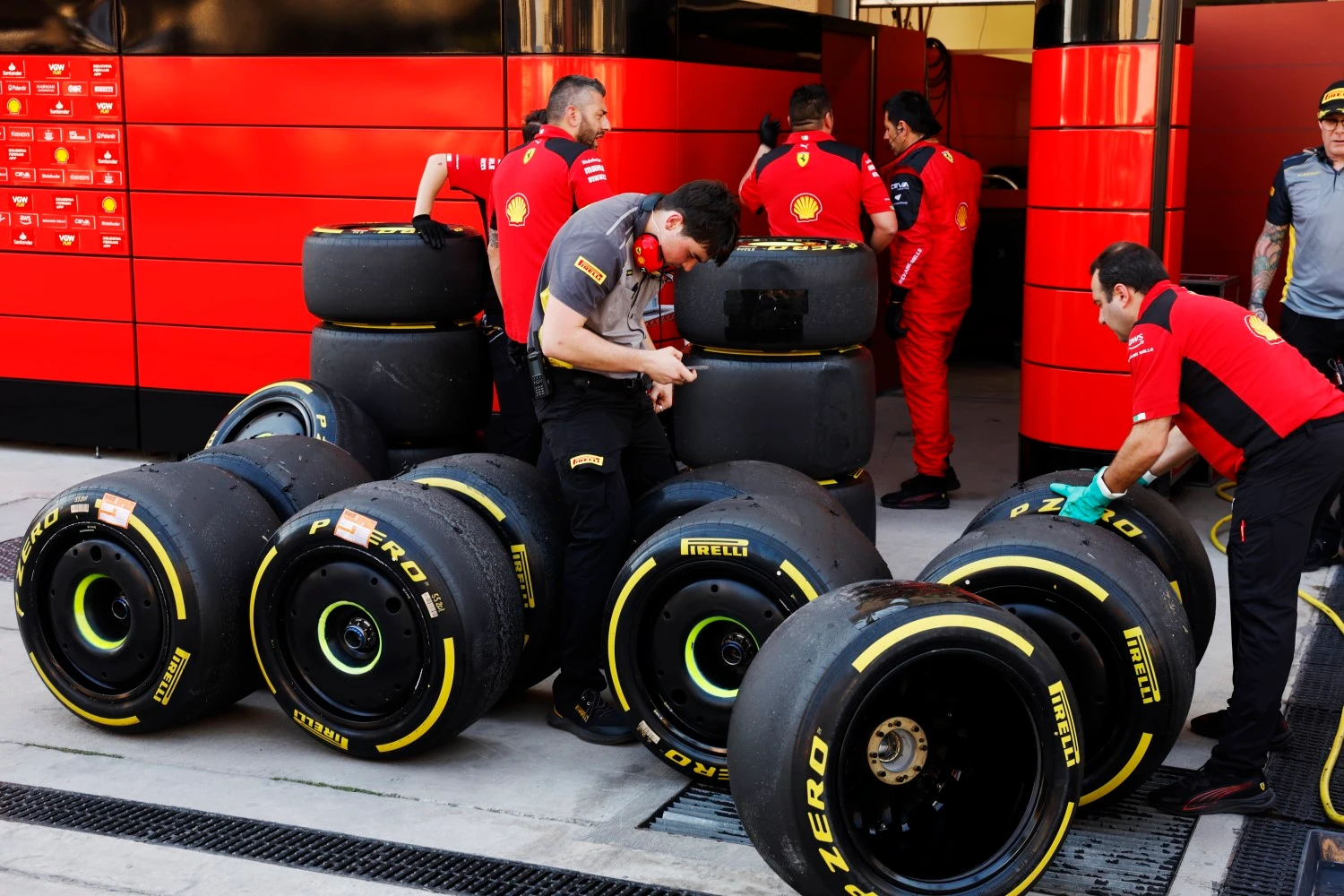
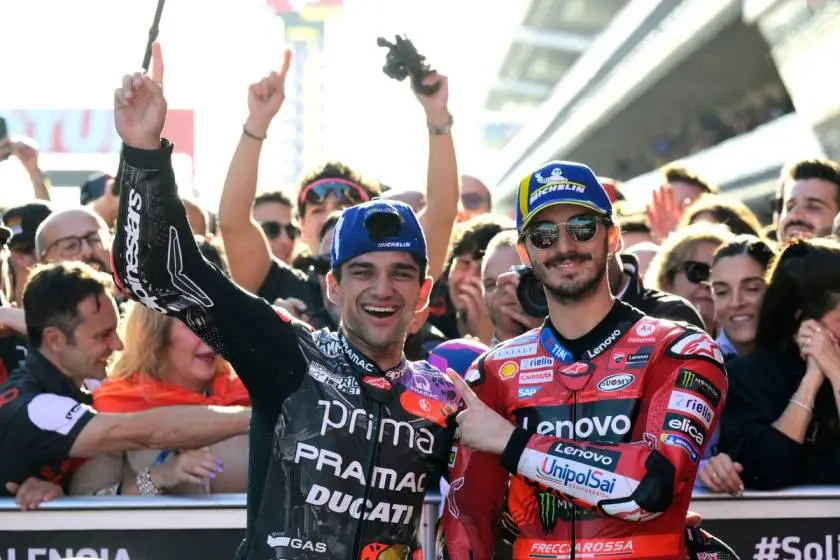
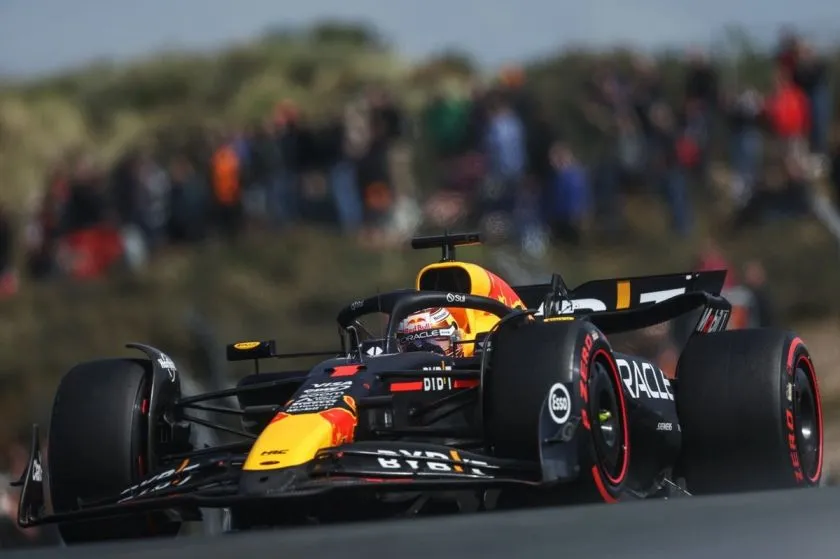
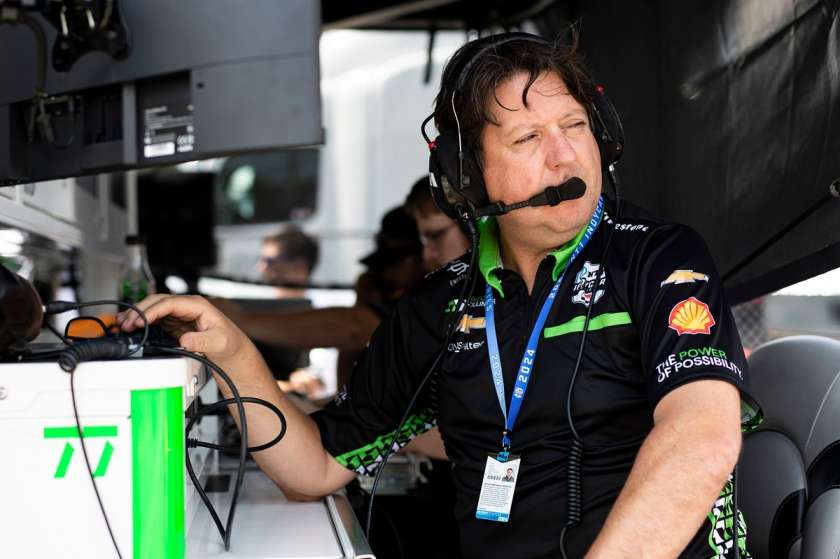
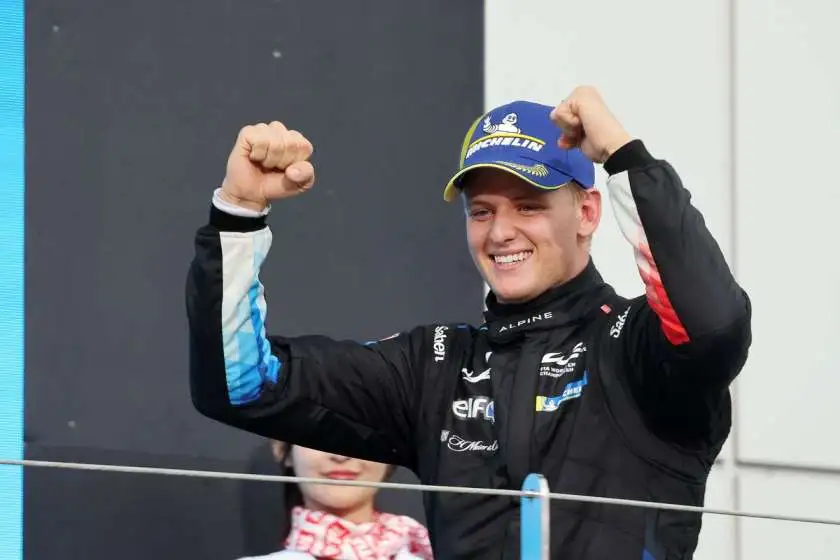
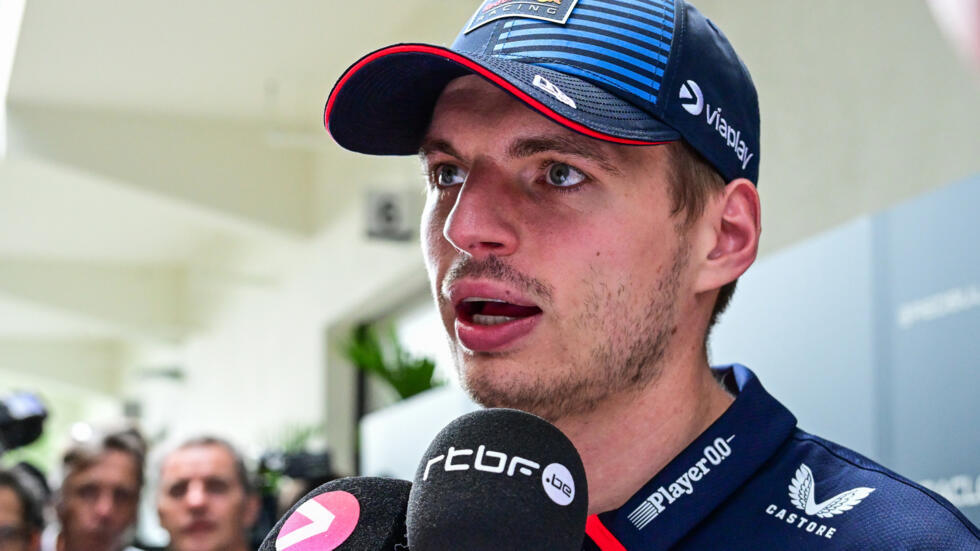
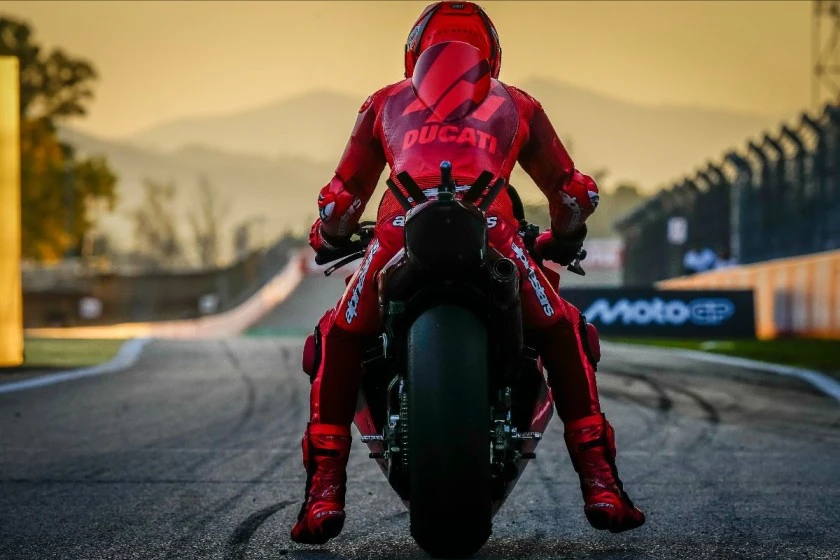
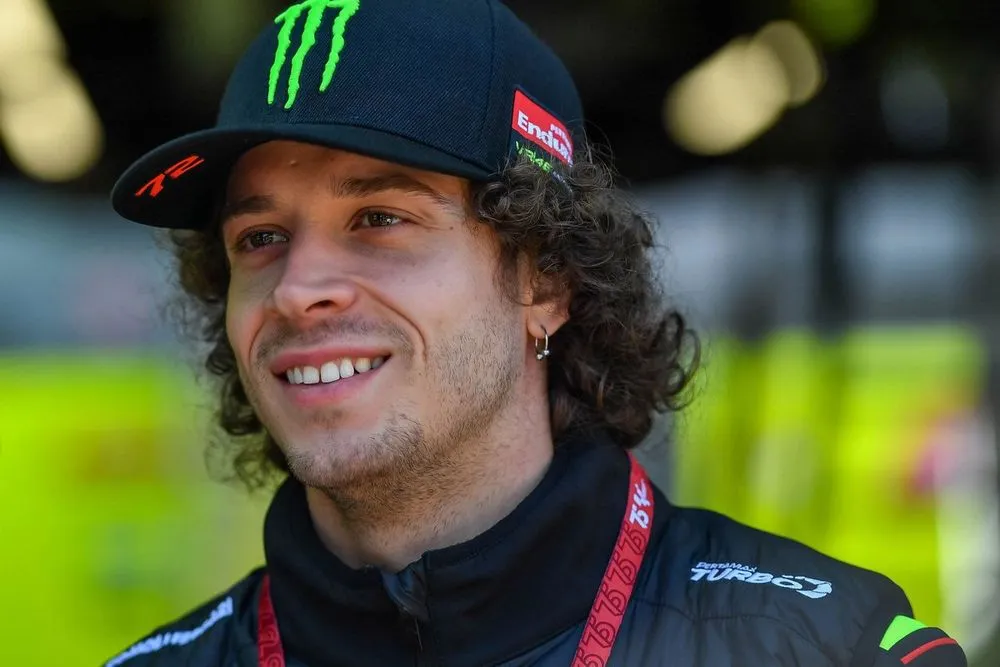
.webp)
 (1).webp)
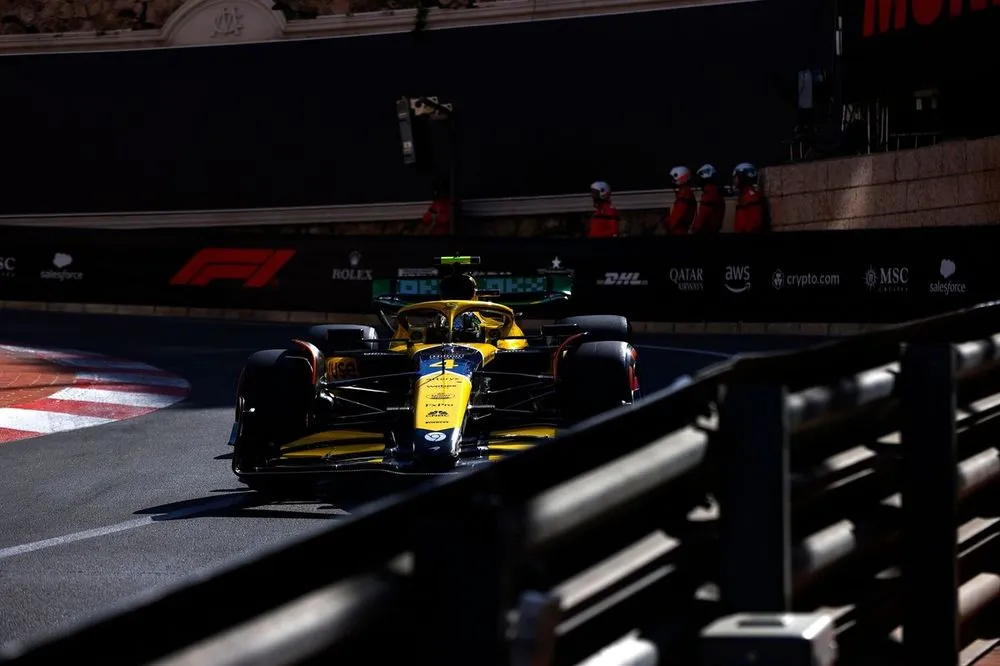
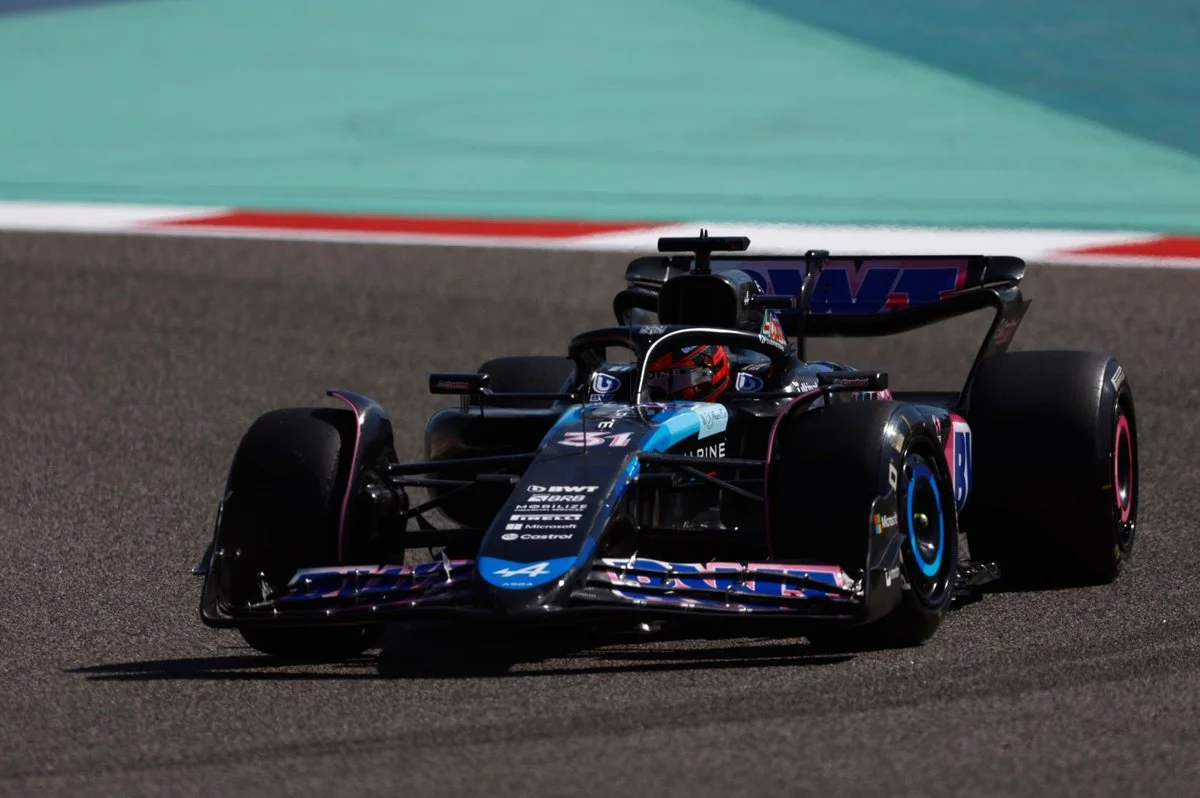
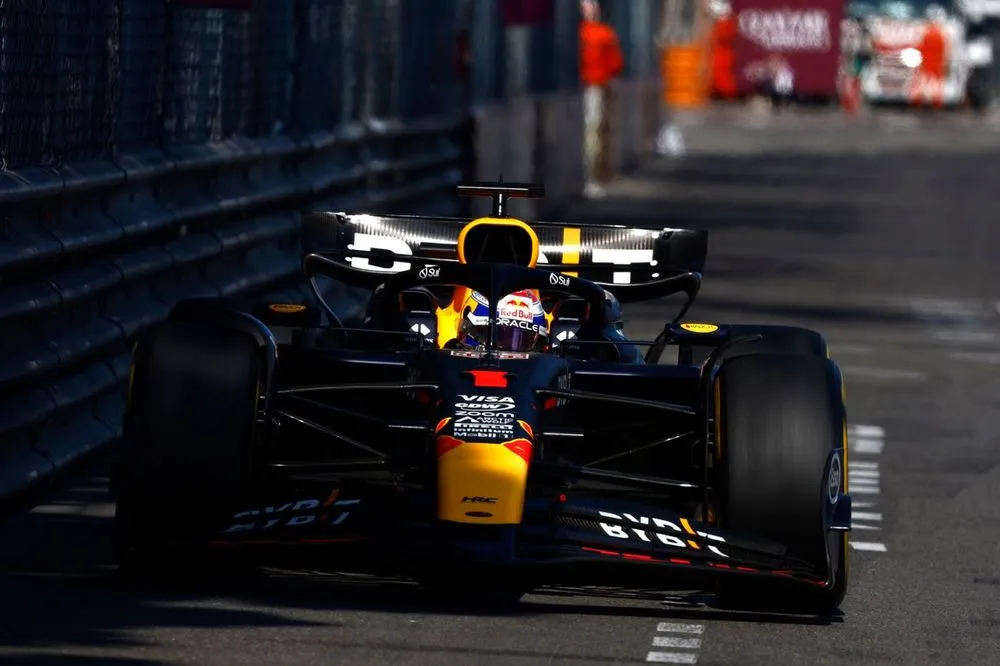
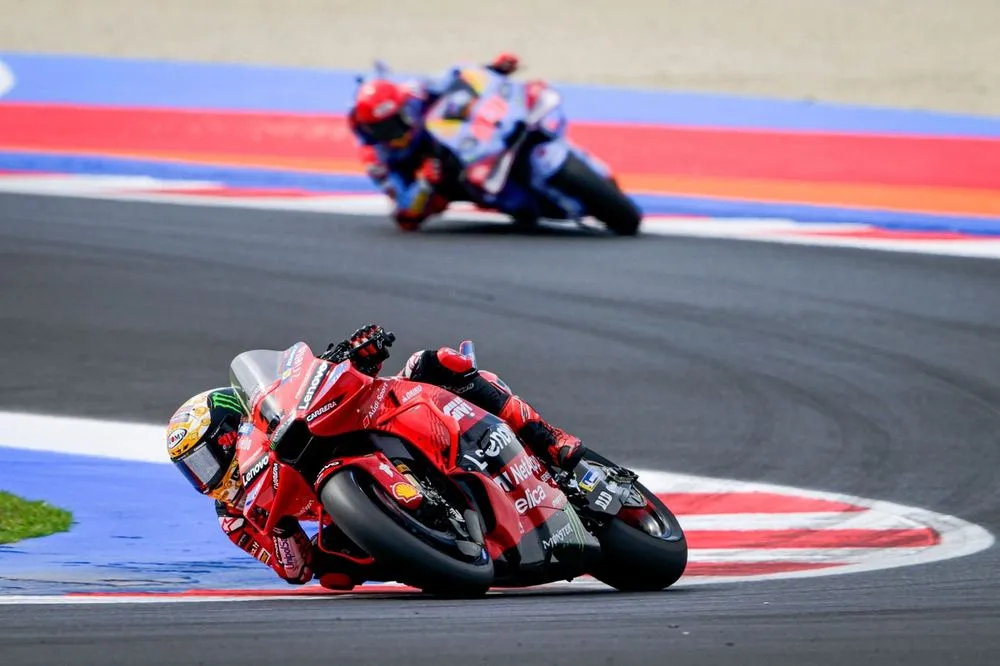
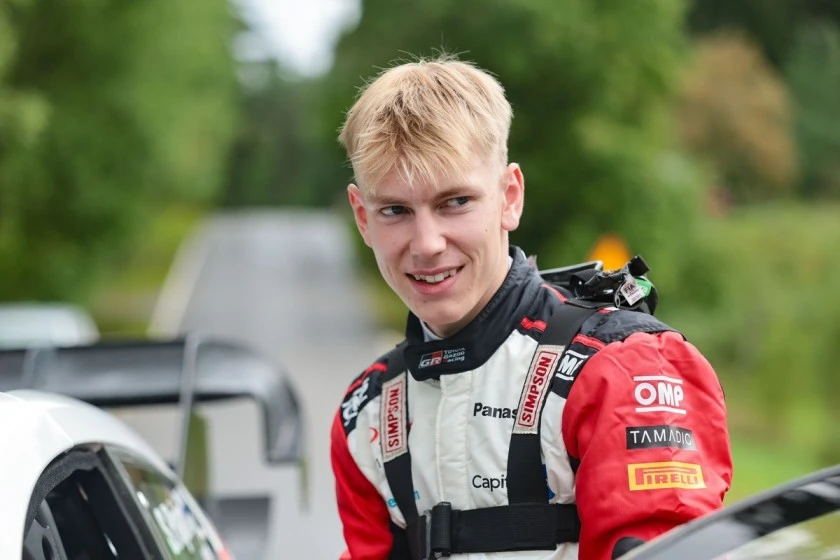
.webp)
